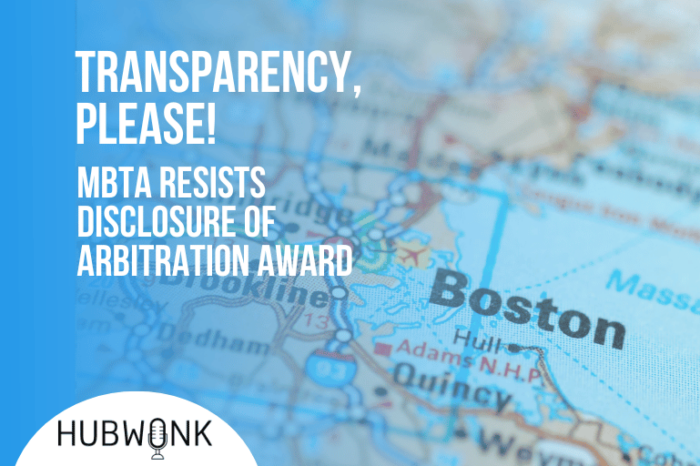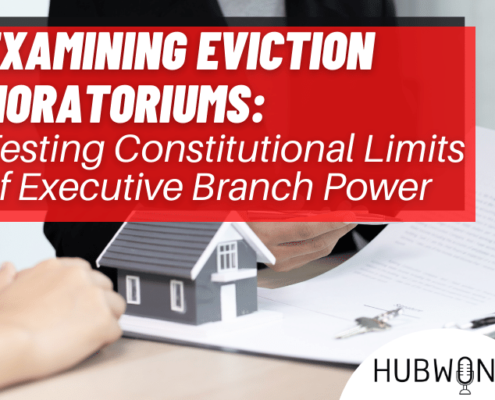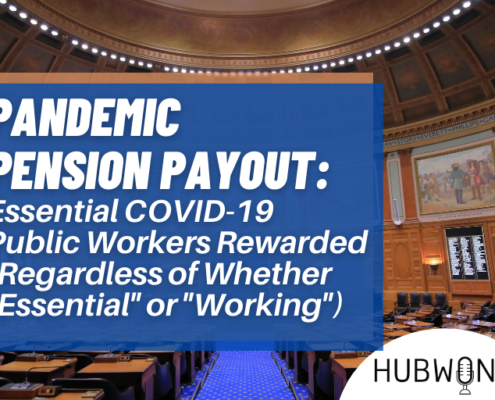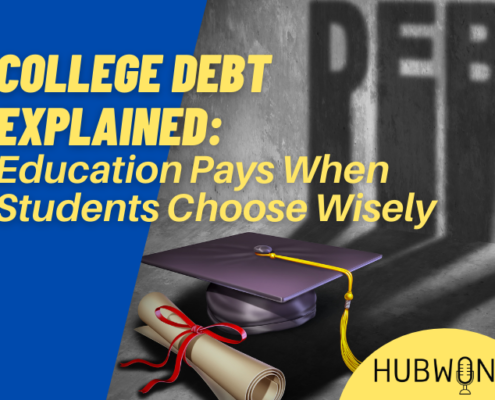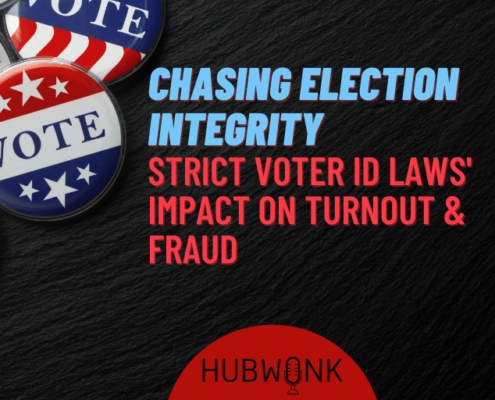Transparency, Please! MBTA Resists Disclosure of Arbitration Award
Joe Selvaggi talks with attorney for Pioneer Public Interest Law Center (PPILC) John La Liberte, about the work he did to successfully gain access to the MBTA retirement fund’s arbitration agreement after a seven-month legal struggle.
Guest:
 John La Liberte has been a litigator at a prestigious Boston boutique firm for over 30 years where he has also served as the firm’s general counsel. John
John La Liberte has been a litigator at a prestigious Boston boutique firm for over 30 years where he has also served as the firm’s general counsel. Johndecided that he wanted to join Pioneer Public Interest Law Center to do what he hoped to do when he went to law school — engage in impact litigation.
WATCH:
Recent Episodes

